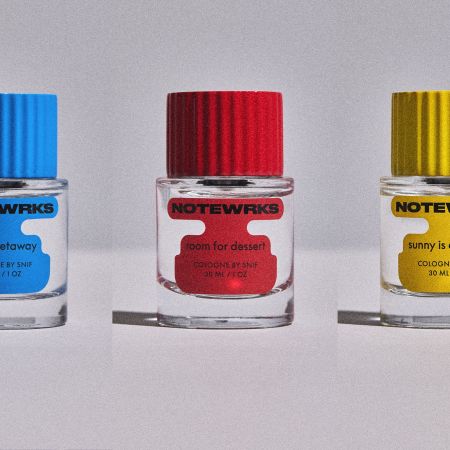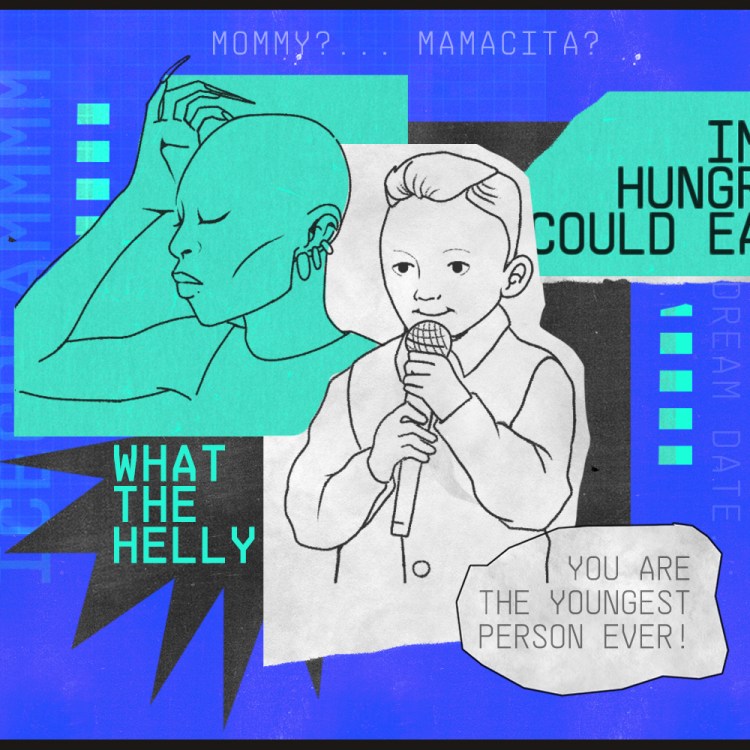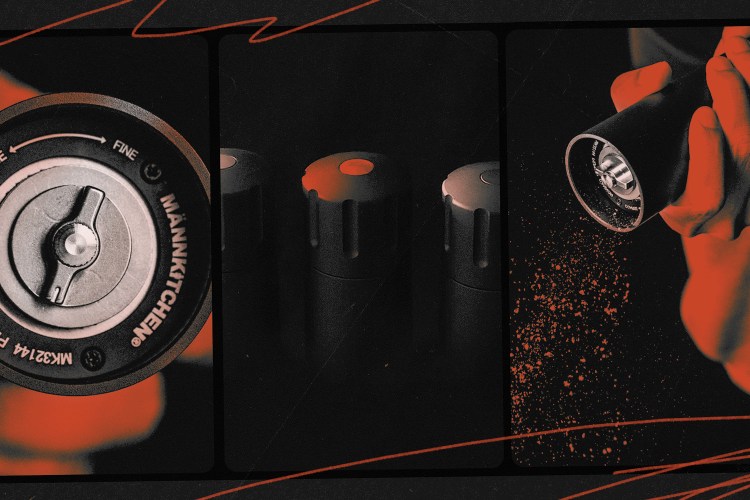Where have all the sex workers gone online? RealClearLife has previously reported on a bill called FOSTA, short for “Fight Online Sex Trafficking Act,” and the effects of it are still heavily impacting people who work in various parts of the sex industry. Signed by President Trump earlier this year, the bill (as well as its sister legislation, SESTA), essentially makes it so Facebook, Instagram, Google, Microsoft and other platforms “can be sued if a pimp uses their site or services to facilitate sexual labor of another person,” according to a sex worker who recently published an article on the topic in Playboy.
“The problem? There often is not a method of easily determining whether a sexual interaction is consensual or coerced, and the last few months have been a hot potato game of how-will-I-get-banned-from-the-internet-while-trying-to-feed-myself, because it’s tough to make ends meet if you can’t advertise your services,” Elle Stanger writes.
Stanger explains the different ways in which the legislation is impacting the livelihoods of sex workers — “I’ve noticed a dramatic decrease in my earnings, mainly because I’m unable to advertise in the same ways. We work hard, pay our taxes, and we just want to survive,” one feature dancer told Stanger — with potentially deadly consequences.
Stanger writes: “FOSTA and SESTA has not aided in the prosecution of any pimps, but it has led to the deaths and disappearances of at least a dozen full-service workers, and made it harder for us to pay our bills and feed ourselves.”
Thanks for reading InsideHook. Sign up for our daily newsletter and be in the know.



















